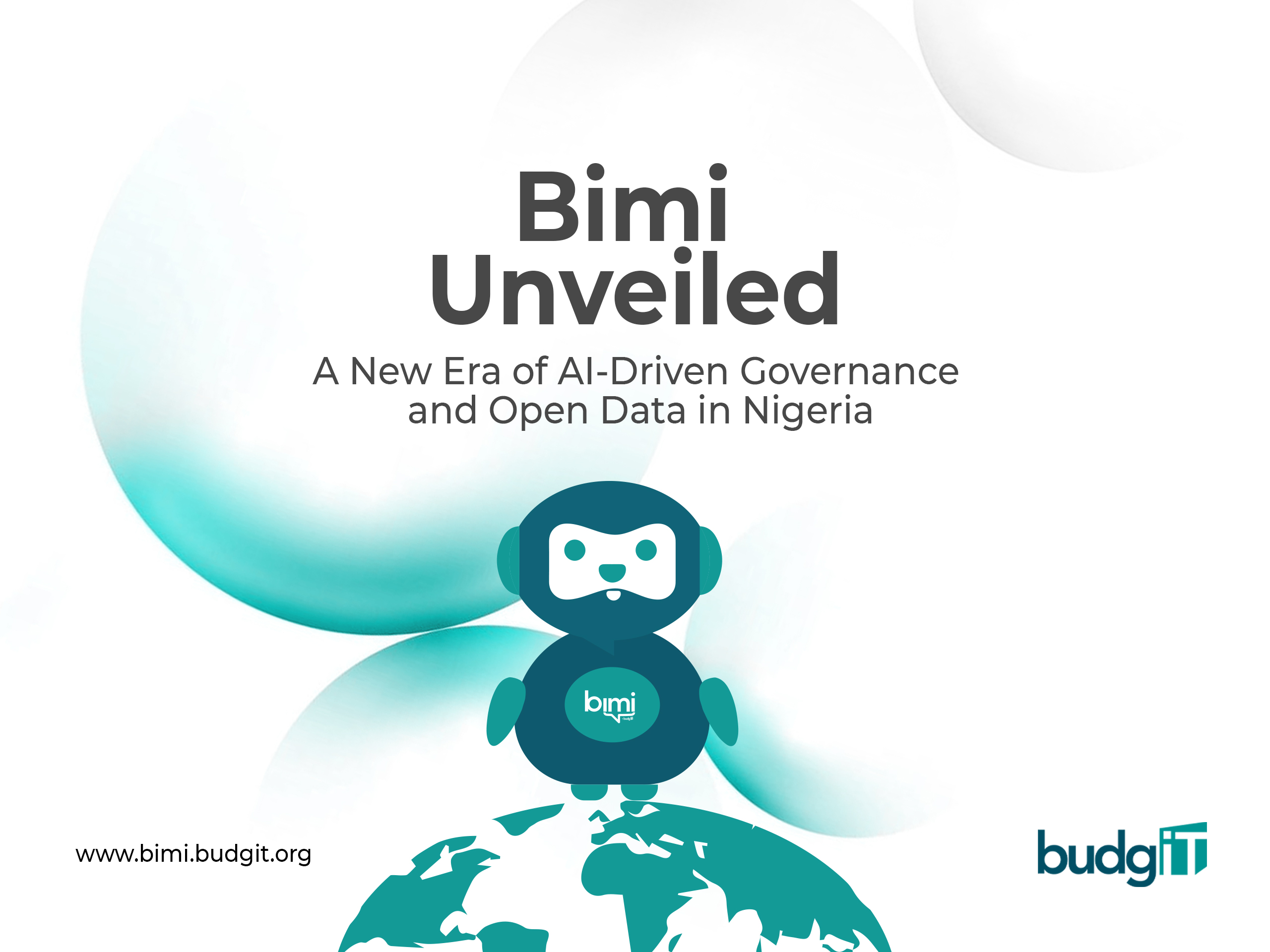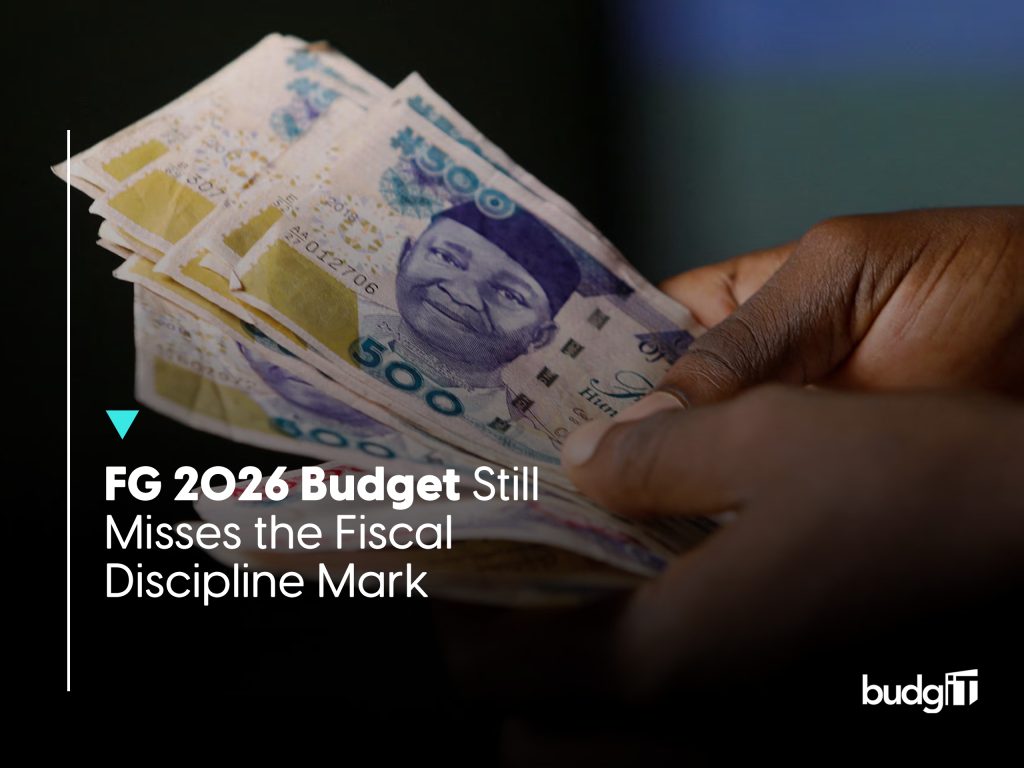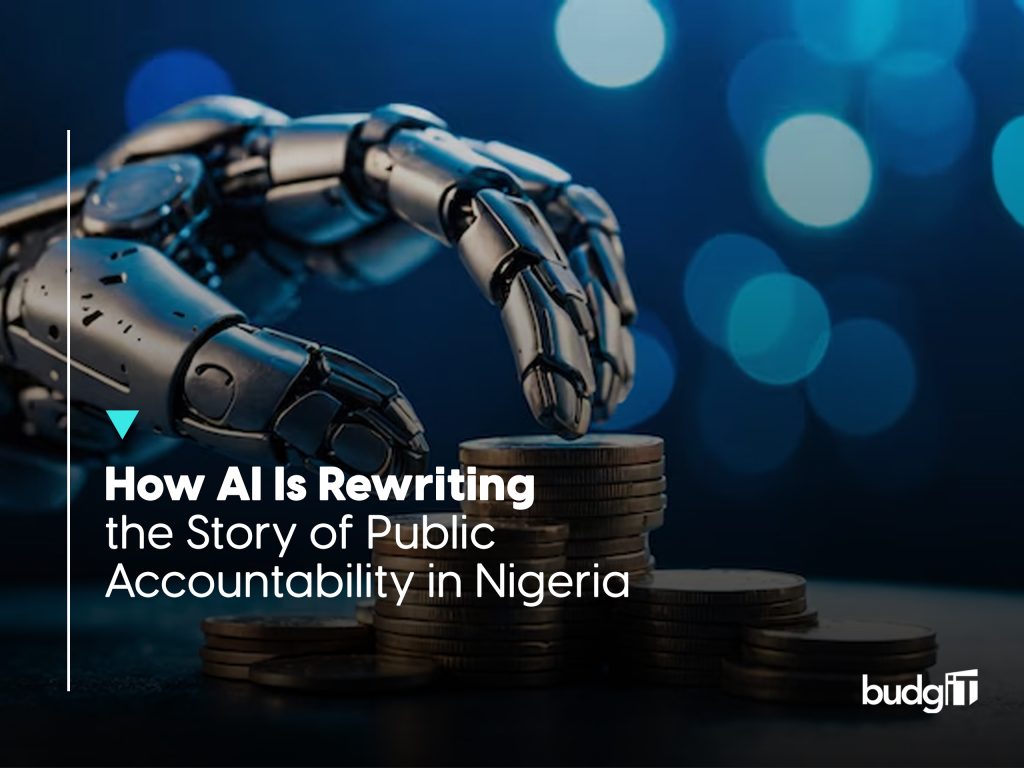Nigeria’s civic tech landscape marked a significant milestone with the launch of Bimi, an AI-powered chatbot developed by BudgIT to democratise access to government data. This significant development was a highlight at the Lagos Open Data Day 2025, which brought together thought leaders, civil society organisations, and the media to discuss the role of AI in advancing transparency, accountability, and civic participation.
Reaffirming its commitment to leveraging technology for fiscal transparency, BudgIT introduced Bimi as an AI-driven solution to enhance access to real-time, actionable insights on government spending and public finance. By simplifying complex data and empowering users with accurate information, Bimi is set to reshape how citizens interact with governance in Nigeria.
The Intersection of AI and Open Data: Key Discussions
The Lagos Open Data Day 2025 provided a unique platform for in-depth conversations around artificial intelligence and data-driven governance convergence. Panel discussions explored the opportunities and challenges of integrating AI into governance, emphasising the impact of data accessibility and usability.
Key among the conversations was the urgent need for open, structured, and machine-readable data to maximise AI’s decision-making and policy development potential. Experts discussed how AI, particularly through tools like Bimi, can simplify the interpretation of complex financial documents such as budgets, procurement records, and expenditure reports—ultimately equipping citizens with the knowledge they need to engage in governance. Panellists also raised concerns around AI ethics, data privacy, and algorithmic bias, stressing the importance of governance frameworks that protect citizens’ rights while ensuring the responsible use of technology.
Reflecting on BudgIT’s journey in civic technology, Global Director Oluseun Onigbinde emphasised how Bimi represents a significant step toward making open data more accessible and actionable. BudgIT’s Country Director, Gabriel Okeowo, echoed this and reinforced the importance of data transparency. According to him, access to accurate, real-time financial data is fundamental to participatory governance. “ With Bimi, we are closing the gap between citizens and the information they need to hold the government accountable,” he said.
Bimi’s Potential in AI-Governed Transparency
At its core, Bimi is a transformative tool designed to bridge the gap between complex government data and everyday citizens. This innovative chatbot simplifies fiscal information by harnessing the power of natural language processing (NLP) and AI analytics, making governance more transparent and accessible. Through real-time insights, Bimi enables users to query Nigeria’s real-time fiscal data, turning complex datasets into digestible, easy-to-understand insights.
This innovation is especially valuable for civil society organisations, journalists, researchers, and citizens who require credible, data-driven information to advocate for transparency and accountability. Bimi demystifies dense reports and fiscal jargon, offering users a clear lens to track public spending, analyse budgets, and assess government performance. Bimi enhances civic engagement by providing a user-friendly interface that encourages broader participation in governance. With increased access to reliable data, Nigerians can take a more active role in influencing policy and demanding accountability from public officials.
Key Takeaways from Lagos Open Data Day 2025
The Lagos Open Data Day 2025 was more than just an event—it was a robust conversation about how AI and open data can shape governance and civic engagement. One of the biggest takeaways was the crucial role of open data in a thriving democracy. When citizens have access to precise and reliable information, they are better equipped to engage in governance, hold leaders accountable, and make informed decisions. Transparency is not just a policy goal—it’s the backbone of meaningful civic participation.
Another major highlight was AI’s game-changing potential. The demonstration of BIMI underscored how AI can simplify complex government data, making it easier for everyday citizens to understand and use. However, as we integrate AI into governance, we must also address ethical concerns, from data privacy to misinformation.
Beyond technology, the Lagos Open Data Day 2025 emphasised that transparency is a collective effort. Civil society organisations, media professionals, policymakers, and tech experts all have a role in advancing open data initiatives. No single entity can do it alone. And while Open Data Day was a step in the right direction, it is just the beginning. The real impact will come from ongoing innovation, civic engagement, and policy advocacy to ensure that data and AI continue to drive accountability and good governance.
With Bimi, BudgIT has charted a path for Nigeria’s future of civic tech—a clear demonstration of the profound possibilities that emerge when technology, transparency, and civic engagement converge. Looking ahead, sustained collaboration across sectors, regulatory support, and increased public awareness will be critical to ensuring that AI is deployed responsibly and inclusively.
As Nigeria continues to embrace innovation, tools like Bimi will play a crucial role in fostering a more informed, empowered, and engaged citizenry. BudgIT’s commitment to leveraging AI for good governance serves as a blueprint for the future—one where technology bridges the gap between citizens and the state, enabling true democratic accountability.



